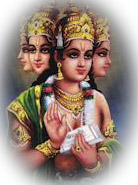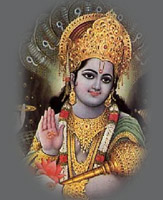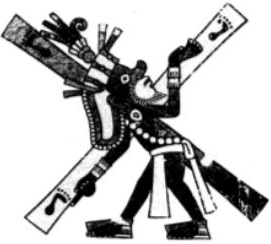One of the questions that lurk deep within my mind is, if Jesus was the messiah who came to restore the Word of God, why did he not leave writings? Why did he not ensure that his words were written down? In the New Testament it speaks of him reading scripture, so I take it he could write. One of his apostles was a tax collector. I assume to be a tax collector one had to know how to read and write. Why did not the apostles write down their messages? Instead we only have conflicting documents written more than 100 years after Christ was crucified. So how are we to know which is right and which is wrong? It seams to me that someone bearing such an important message should leave some more information, not a criticism, just an observation. There is not even a direct reference to writing by Christ or his apostles. Why does so much of the teaching come from the apostles and not Christ, more specifically Paul who never even met Christ in life?
And why is it that Christians of all ages have thought that Christ was just about to return any day, and yet it has been more that two thousand years.
And why is it that Christians of all ages have thought that Christ was just about to return any day, and yet it has been more that two thousand years.
Last edited:




